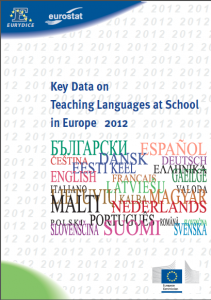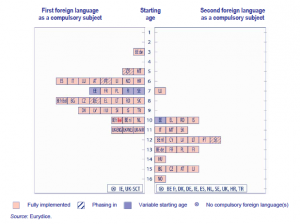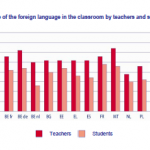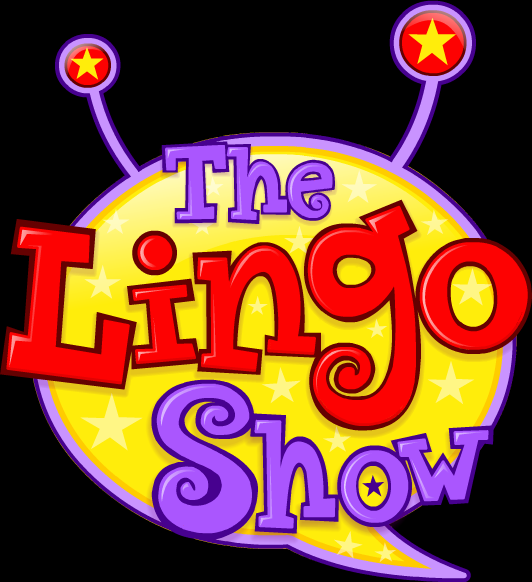In celebration of the new features of Storybird, I’ve been back to the site and had another play around and written a new book!
I’ve written about Storybird before here, here and here. Oh, and here and here too!
New things on Storybird that I think are particularly useful from an educational point of view –
1. No more Flash so you can use and view the Storybirds on any smartphone or devices including iOS such as iPads and iPod Touch devices. This also means that you can write Storybirds in scripts that do not use Latin characters such as Greek, Mandarin and Arabic.
2. More categories, making it easier to search for a story written by someone else, and also filter for age appropriate stories.
3. New ‘create’ page and new covers.
HOWEVER, you may now be able to write in other scripts but you still can’t publish them to the PUBLIC gallery, nor can you publish in any language other than English. The Community Guidelines state
‘While we celebrate all cultures and languages, we can not at this time moderate and thus approve Storybirds for the public library that are written in languages other than English. We will be expanding internationally soon, and we will add specific language support as we do. In the meantime, the stories can still be published in your private library and shared with your family and friends.’
Whilst I know that this is a small company and moderation in lots of languages costs money, the MFL Twitterati did offer to help, and I’m sure that offer still stands?! And I wonder what their plans are – the site is now 3 years old. I will tweet and ask. Watch this space!
UPDATE
Here is the Twitter conversation with Storybird! (NB read from bottom up!)
So it seems we have a while yet before we can freely share our Storybirds on the site.
HOWEVER, to get around this, you can embed them into a blog (as I have here), or share the URL of your Storybird (I shared with my own email address then opened the book and copied the URL)
And there is also the wonderful MFL Storybird wiki. Whilst the URL way will still work, the fact that you are now given an embed code means that the books can now be embedded on the page and read there and then rather than having to be transferred to Storybird.com to read!
A shame that you have to “know the right people” to be able to access all these stories in other languages but better than nothing!

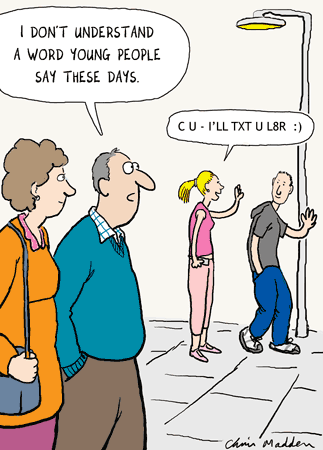 I’ve received notification of what looks to be a very interesting event to be held at Coventry University London Campus on 24th October. Text messaging and Language Development.
I’ve received notification of what looks to be a very interesting event to be held at Coventry University London Campus on 24th October. Text messaging and Language Development.

